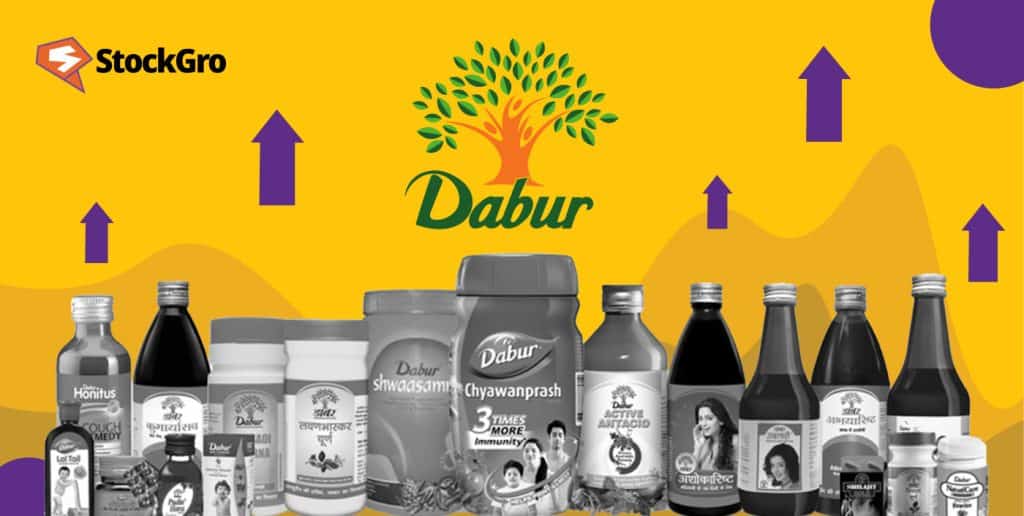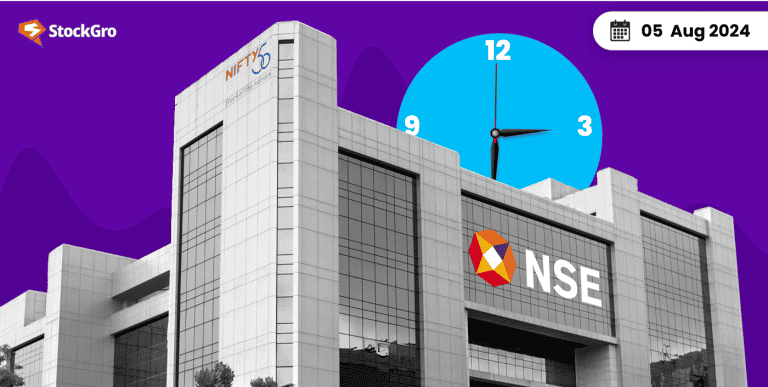
Dabur India Ltd., a leading player in the fast-moving consumer goods (FMCG) sector, is renowned for its extensive range of products in health care, personal care, home care, and food and beverages.
With a legacy spanning over a century, Dabur has built a robust portfolio of trusted brands, including Dabur Amla, Vatika, Real, and Hajmola. The company leverages its deep understanding of traditional Indian medicine and modern science to offer products that cater to the diverse needs of consumers both domestically and internationally.
Dabur India recently announced its Q1 FY25 results, revealing notable growth despite challenging market conditions. This report dives into the key numbers and insights from the earnings call, focusing on the company’s performance across various sectors and the factors driving its success.
Also read: Johnson Controls Hitachi Q1 results FY25
Strong profit growth for Dabur
Dabur India reported a consolidated net profit of ₹500 crore for Q1 FY25, marking an 8% increase from ₹464 crore in the same quarter last year. This growth is impressive given the high food inflation and unprecedented heatwave that have affected consumer spending.
Revenue and volume growth at Dabur
The company’s consolidated revenue grew by 7% to ₹3,349 crore, up from ₹3,130.47 crore a year ago. The India FMCG business saw a volume growth of 5.2% for the quarter, driven by strong performances across all key verticals. This sequential recovery in volume growth highlights Dabur’s ability to navigate a challenging demand environment effectively.
You may also read: ITC Ltd Q1 results analysis
Dabur’s operating income and expenses
Operating income increased by 51.87% quarter-over-quarter (QoQ) and 7.44% year-over-year (YoY). Despite rising costs, Dabur managed to maintain strong profitability. Total expenses for the quarter were ₹2,835.86 crore, up from ₹2,646.69 crore in the corresponding period last year.
Sector performance for Dabur
Dabur’s diverse portfolio contributed to its overall growth, with significant performances in several key sectors.
Dabur’s foods and beverages
The foods business grew by 21.3%, while the Badshah business, known for its spices, increased by 15%. The 100% fruit juice portfolio saw a 21% growth, and the carbonated fruit drinks portfolio surged by 90%.
Dabur’s personal care
The toothpaste segment grew by 12%, and the shampoo portfolio experienced a 13.7% increase. Health supplements posted a 7% growth during the quarter.
Dabur’s international business
Dabur’s international business reported an 18.4% growth in constant currency terms. Notably, Egypt showed nearly 64% growth, Nigeria 181%, Sub-Saharan Africa 21.4%, and the Middle East and North Africa (MENA) region 13%.
However, the international business for Badshah declined due to supply chain constraints caused by heightened scrutiny of spice exports following a recent controversy involving Indian spice brands.
Also Read: Kansai Nerolac Paints Q1 results key highlights
Rural market recovery driving Dabur’s growth
CEO Mohit Malhotra highlighted a significant recovery in rural markets, which has been pivotal to Dabur’s performance. The company has seen rural demand outpace urban demand by 350 basis points during the quarter.
Factors driving Dabur’s rural growth
Several factors have contributed to this rural recovery:
- Good Harvest and Normal Monsoon: These have boosted rural income and sentiment.
- Government Schemes: New schemes focused on agriculture, rural infrastructure, and employment opportunities have further supported rural consumption.
- Price Premium Reduction: Lower inflation and price premium have made goods more accessible to rural consumers.
Challenges and outlook for Dabur
Despite the strong performance, Dabur faced challenges such as high food inflation and supply chain constraints in its international business.
you may also like: Duncan Engineering Q1 2024 results highlights
Spices controversy impact on Dabur
The controversy involving certain Indian spice brands has led to stringent screening and scrutiny of spice exports, particularly affecting markets like the UK.
This has caused a backlog of supplies at ports, impacting the international business for Badshah. Malhotra remains optimistic, expecting these issues to be resolved in the next quarter.
Dabur’s investment in brands
Dabur has increased its media spends by 15.4% during the quarter to drive demand and market expansion. This disciplined execution of their go-to-market strategy has allowed the company to capitalise on its brand strength and deepen consumer engagement.
Financial highlights for Dabur
Dabur’s Earnings Per Share (EPS)
Dabur reported an EPS of ₹2.82 for Q1, an 8.05% increase YoY. The company’s market cap stands at ₹112,665.8 crore, with a 52-week high/low of ₹662.35 and ₹489.2 respectively.
Dabur’s analyst ratings
As of 02 Aug 2024, out of 39 analysts covering Dabur, one has given a Strong Sell rating, 13 have given a Hold rating, 14 have given a Buy rating, and 11 have given a Strong Buy rating. This diverse range of ratings reflects varying perspectives on the company’s performance and future prospects.
Also Read: MRPL Q1 FY25 Results: Comprehensive Analysis and Performance Review
Future prospects for Dabur
Malhotra expressed confidence in continued growth, citing better rural sentiment and government initiatives as key drivers. He believes that the subsequent quarters for the FMCG sector will be stronger, with rural recovery momentum building up further.
Strategic focus for Dabur
Dabur aims to continue its focus on rural markets and brand investments to sustain growth. The company’s efforts to expand its rural footprint to over 1.22 lakh villages have paid off, and this strategy will likely remain a core part of its growth plan.
Quarterly results (Amount in Cr):
| Quarterly | Jun 2024 | Mar 2024 | Dec 2023 | Sep 2023 | Jun 2023 |
| Sales | 2,514 | 2,039 | 2,414 | 2,334 | 2,347 |
| Other Income | 109 | 114 | 101 | 102 | 99 |
| Total Income | 2,623 | 2,153 | 2,516 | 2,436 | 2,446 |
| Total Expenditure | 2,077 | 1,757 | 1,935 | 1,876 | 1,936 |
| EBIT | 546 | 396 | 581 | 559 | 510 |
| Interest | 19 | 23 | 23 | 18 | 15 |
| Tax | 121 | 89 | 129 | 121 | 117 |
| Net Profit | 405 | 283 | 428 | 420 | 377 |
Conclusion
Dabur India’s Q1 FY25 results showcase the company’s resilience and ability to drive growth despite market challenges. With strong performances across key sectors, a robust rural recovery, and strategic investments in brand and market expansion, Dabur is well-positioned for continued success in the coming quarters.

